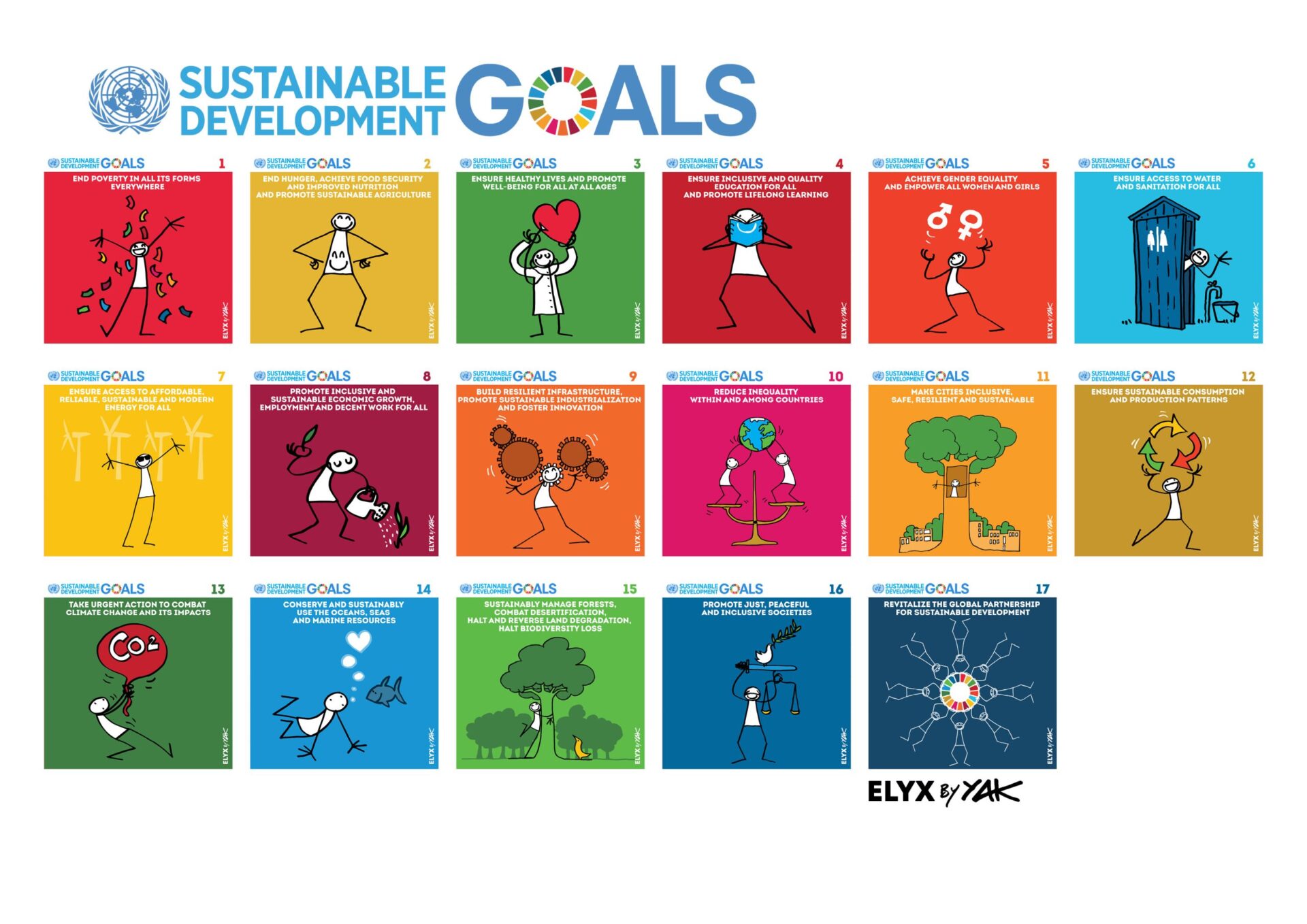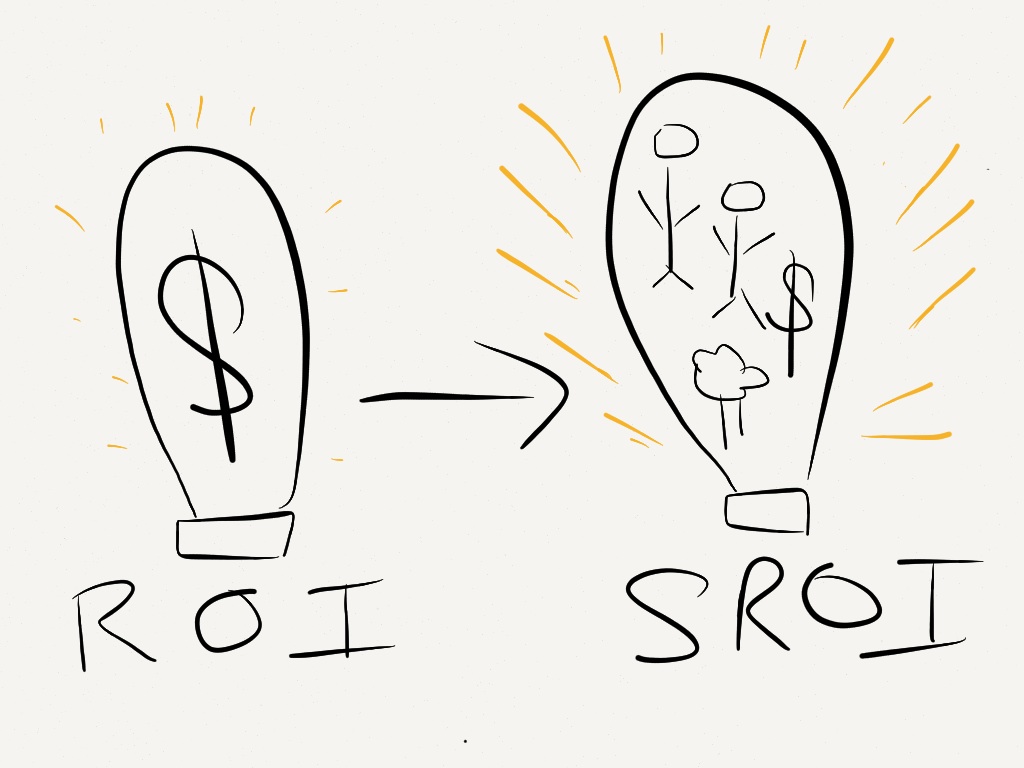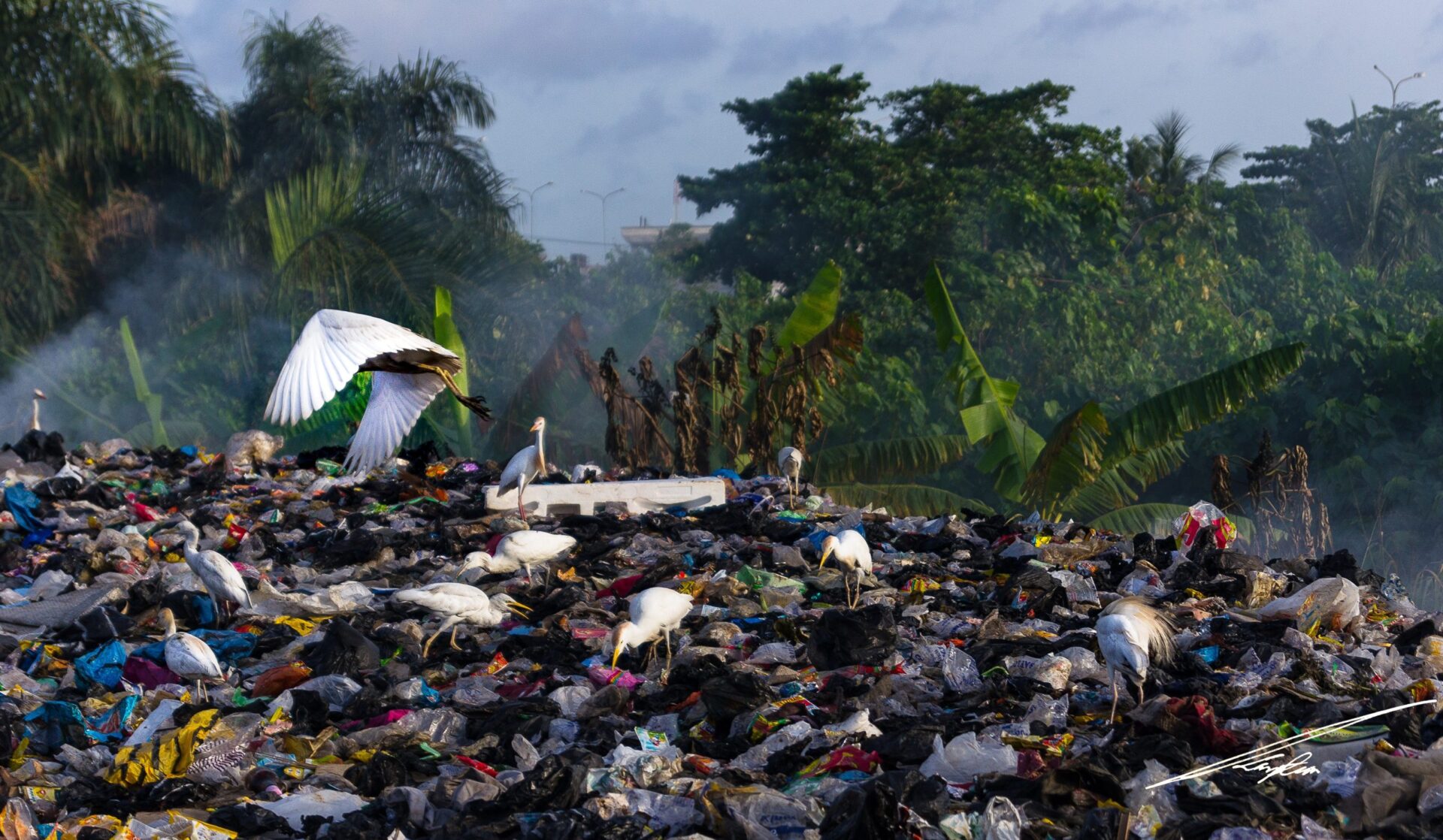CSE trainings move beyond ESG metrics to show positive corporate results from incorporating the UN Sustainable Development Goals (SDGs).
Investors are increasingly calling for robust corporate sustainability reporting (CSR). Stakeholders are questioning long-term performance in a carbon-constrained world. Many are pressing companies to go beyond the standard ESG (environment, social, governance) approach — measures aimed at limiting corporate impact. They want to know how companies can improve the world. Working toward the UN Sustainable Development Goals (SDGs) can guide companies toward areas of positive, measurable impacts stakeholders desire.
To facilitate this transition, CSE has incorporated the SDGs into its research, consulting and certification programs. CSE’s Sustainability Reporting Trends in North America 2017 finds that only 6.2% of companies are integrating SDGs in their reporting to stakeholders. This provides an enormous opportunity for companies to establish themselves as leaders. Top companies are listening! Forbes reported on CSE research, interviewing CSE president Nikos Avlonas, award-winning CSR pioneer and best-selling author.
CSE research informs their Certified Sustainability Practitioner Program, Advanced Edition, which has been updated for 2018. The program offers Sustainability and Corporate Responsibility training for professionals who want to maximize their company’s impact and become qualified with the latest knowledge in the field. More than 90% of FORTUNE 500 senior managers and VPs have attended the programs and joined over 1500 Certified Sustainability Practitioners from over 50 countries.
The need for practitioners is urgent in urban centers, leading CSE to offer three spring trainings in North America in Atlanta, Toronto and New York. Urban centers need an enormous influx of sustainability-trained staff. Whether it’s infrastructure, finance, transportation, or health care, manufacturing, real estate, energy or IT, trained sustainability practitioners are needed in every field and every discipline – public and private.
CSE addressed a major need in the US – sustainability in IT, an emerging sector in Atlanta, March 8-9, 2018. CSE research has identified weaknesses in the IT sector. Silicon Valley corporations lag behind the sustainability achievements of the Fortune Global 500, leaving a major opportunity for Atlanta. On top of a comprehensive agenda, other topics key to their regions were the focus of training in New York City, June 11-12.
As companies are forced to rebuild from disaster and design strategies to take Houston into the 2020s, training becomes key. Module 1 of CSE’s Certified Sustainability (CSR) Practitioner Program addresses the crucial business case for sustainability. By the time attendees reach Module 8, they are ready to apply important skills to the future trends.
For more information on city themes, registration and Group Discounts, contact [email protected].









